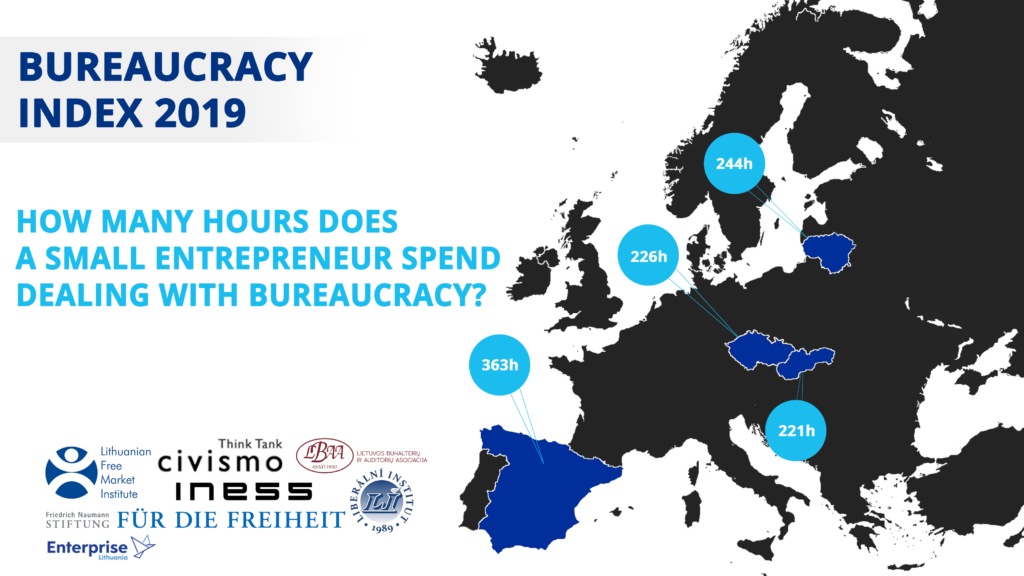
LFMI Names Elena Leontjeva President
BY
LFMI / February 6, 2020
Elena Leontjeva, Co-Founder and Chair of the Board of the Lithuanian Free Market Institute (LFMI), will serve as the organization\'s president. Elena led LFMI since its inception until 2001.






![INVITATION: State Aid and Competition Policy: Can They Co-Exist? [Brussels] INVITATION: State Aid and Competition Policy: Can They Co-Exist? [Brussels]](https://4liberty.eu/phidroav/2019/11/BX22-Invitation-1-cover.jpg)





